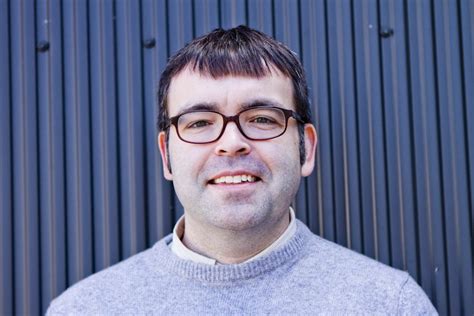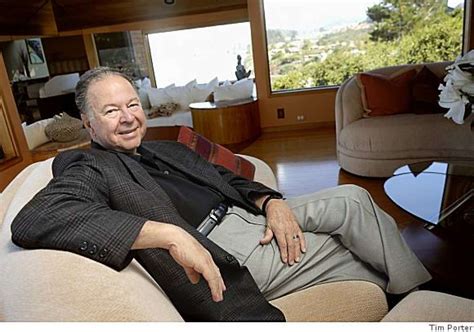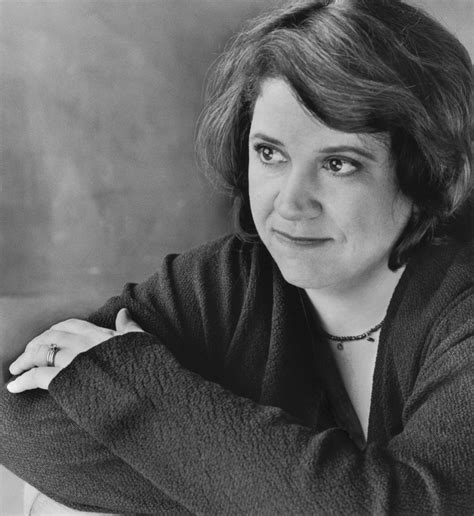A Quote by Joyce Carol Oates
The first sentence cant be written until the final sentence is written.
Related Quotes
A dependent clause (a sentence fragment set off by commas, dontcha know) helps you explore your story by moving you deeper into the sentence. It allows you to stop and think harder about what you've already written. Often the story you're looking for is inside the sentence. The dependent clause helps you uncover it.
The first sentence of the truth is always the hardest. Each of us had a first sentence, and most of us found the strength to say it out loud to someone who deserved to hear it. What we hoped, and what we found, was that the second sentence of the truth is always easier than the first, and the third sentence is even easier than that. Suddenly you are speaking the truth in paragraphs, in pages. The fear, the nervousness, is still there, but it is joined by a new confidence. All along, you've used the first sentence as a lock. But now you find that it's the key.
Writing is linear and sequential; Sentence B must follow Sentence A, and Sentence C must follow Sentence B, and eventually you get to Sentence Z. The hard part of writing isn't the writing; it's the thinking. You can solve most of your writing problems if you stop after every sentence and ask: What does the reader need to know next?
The first book ever written in an alphabet was the Hebrew Bible or the Old Testament. And the most important passage was the Ten Commandments. The first commandment is the most revolutionary sentence ever written. It states: "I am the Lord thy God there is no other." The second prohibits us from making images. Thus, there is a profound rejection of any goddess influence and a ban of representative art.
But sometimes when I was starting a new story and I could not get it going, I would sit in front of the fire and squeeze the peel of the little oranges into the edge of the flame and watch the sputter of blue that they made. I would stand and look out over the roofs of Paris and think, 'Do not worry. You have always written before and you will write now. All you have to do is write one true sentence. Write the truest sentence that you know.' So finally I would write one true sentence, and then go on from there.



































